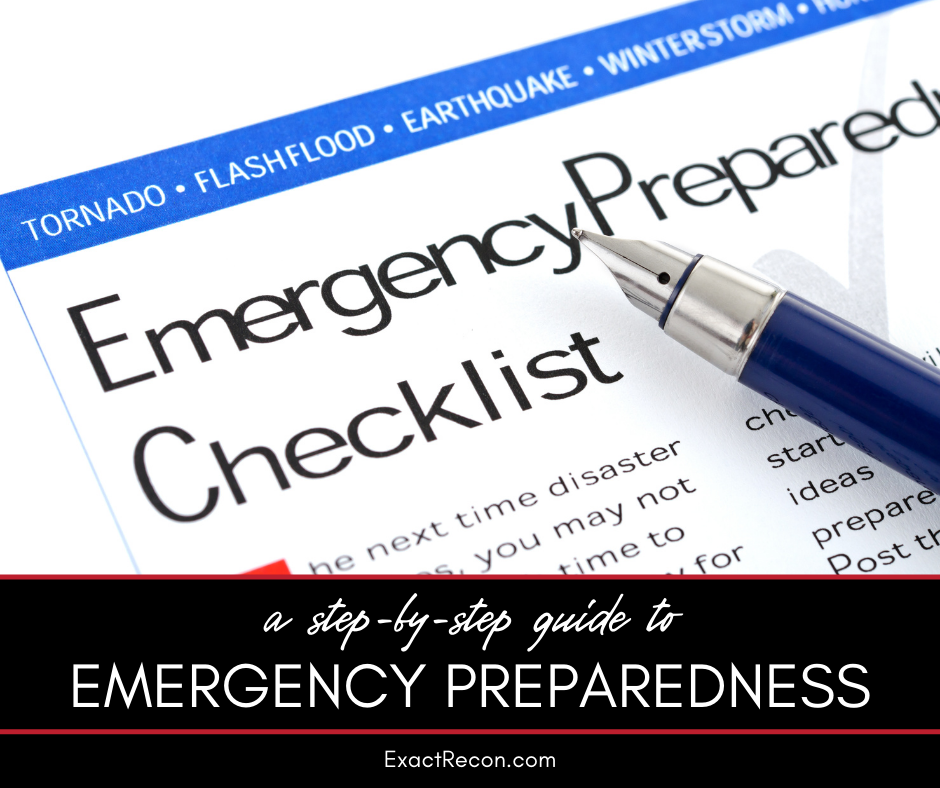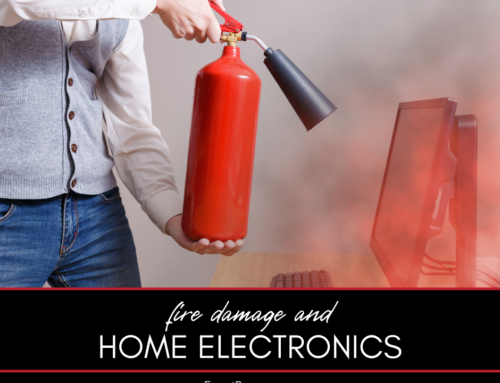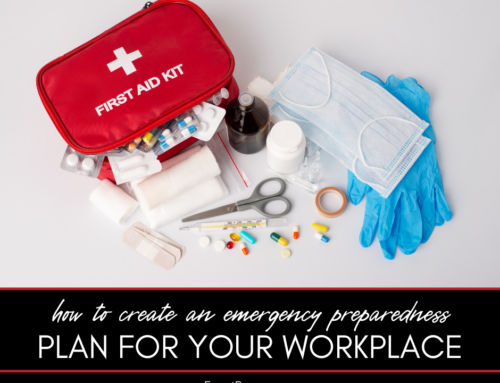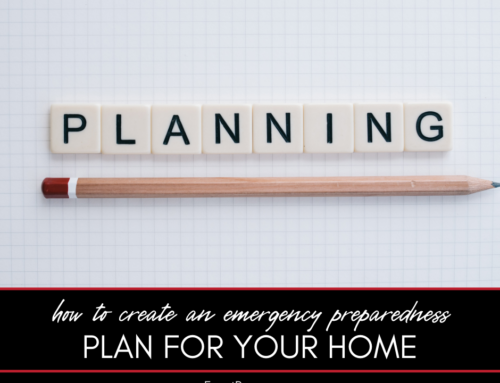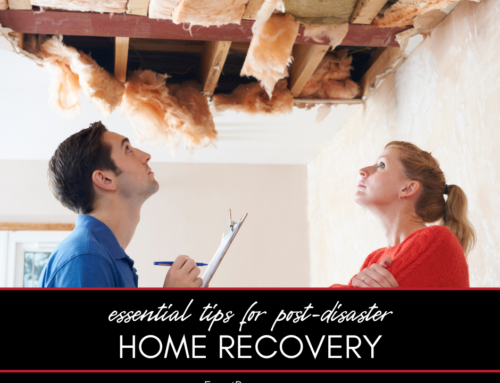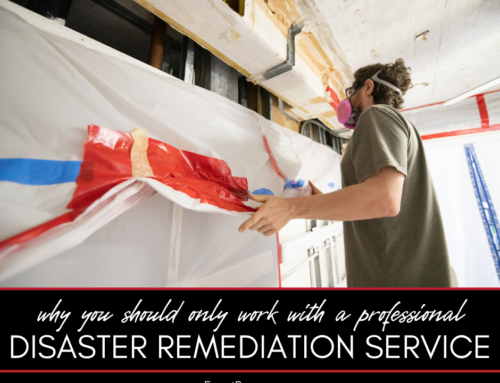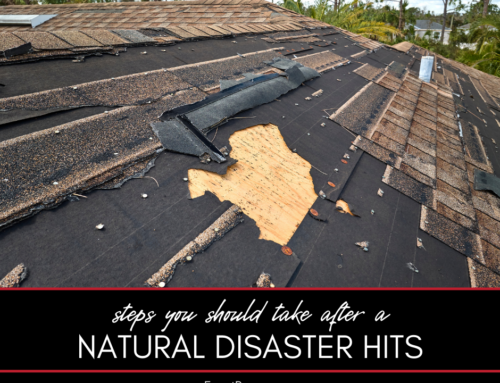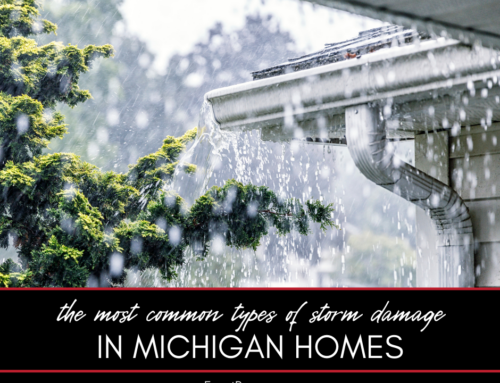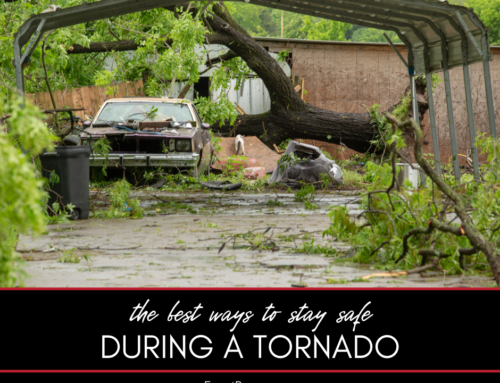Living in Michigan means you might face various challenges, from natural disasters to household mishaps. Being prepared can make all the difference in ensuring the safety of your home and loved ones.
A Step-by-Step Guide to Emergency Preparedness for New Homeowners
As a new homeowner, you’ve got a lot on your plate. From decorating to understanding your new neighborhood, there’s a lot to take in. But one thing you shouldn’t overlook is emergency preparedness. Knowing how to protect your home and family during unexpected events can offer peace of mind and reduce potential damage.
This guide covers:
- Understanding potential risks in your area
- Creating a family emergency plan
- Building an emergency kit
- Protecting your home from natural disasters
- Regular maintenance checks for prevention
Here’s a closer look at each.
Understanding Potential Risks in Your Area
Every region has its unique set of challenges. In places like Jackson and Ann Arbor, you might encounter tornadoes, floods, or heavy snowstorms. Start by researching the most common natural disasters in your area. Local government websites often provide resources and tips tailored to local risks. By understanding these threats, you can take specific measures to prepare your home and family.
Creating a Family Emergency Plan
Communication is crucial during emergencies. Sit down with your family and discuss how you’ll contact each other if you’re separated. Decide on a safe meeting place outside your home. Ensure everyone knows the safest routes out of the house and where to turn off utilities like gas, water, and electricity. Regularly review and practice this plan so it’s fresh in everyone’s mind.
Building an Emergency Kit
An emergency kit is a collection of essential items your household may need during an emergency. This kit should include water, non-perishable food, a flashlight, batteries, a first-aid kit, important documents, and any necessary medications. Store this kit in a cool, dry place and review its contents annually, replacing expired items as needed.
Protecting Your Home from Natural Disasters
Take proactive measures to safeguard your home. If flooding is a concern, consider installing sump pumps or elevating appliances off the basement floor. For tornado-prone areas, identify a safe room or storm cellar. Reinforce windows and doors to protect against high winds or flying debris. Remember, a little preparation can go a long way in reducing potential damage.
Regular Maintenance Checks for Prevention
Routine checks and maintenance can prevent many household emergencies. Inspect your home for any cracks or weaknesses in the foundation. Clean gutters and downspouts to prevent water damage. Regularly check the condition of your roof, looking for any missing or damaged shingles. By addressing minor issues promptly, you can prevent them from becoming major problems.
FAQ About Emergency Preparedness for New Homeowners
Here are some frequently asked questions about emergency preparedness for new homeowners. If you don’t see the answers you’re looking for here, please call our office. We’re here to help.
How Often Should I Review My Emergency Plan?
It’s a good idea to review your emergency plan at least once a year or whenever there’s a significant change in your household, like a new family member.
What Should I Do If My Home Is Damaged?
After ensuring everyone’s safety, document the damage with photos and contact a disaster remediation specialist to assess and repair the damage.
Can I Get Training for Emergency Preparedness?
Yes, many local communities offer training sessions or workshops on emergency preparedness. Check with your local government or community centers for available resources.
How Can I Stay Informed During an Emergency?
Consider investing in a weather radio to receive real-time updates. Also, sign up for local emergency alerts on your phone or through community notification systems.
Is My Pet Included in the Emergency Plan?
Absolutely! Ensure your emergency kit includes supplies for your pet, and always consider their safety when creating your family’s emergency plan.
Owning a new home is a significant responsibility, but with the right preparation, you can face any challenge with confidence. By following this guide, you’ll be well-equipped to handle emergencies and protect your home and loved ones.
Do You Need a Disaster Remediation Expert in Washtenaw County or Jackson County?
If your home has already been damaged, we can help. Check out our services and call Exact Recon for your free disaster remediation quote today. We offer:
- Water damage restoration
- Mold removal and remediation
- Fire and smoke restoration
- Sewer cleanup and disinfecting
- Reconstruction
- Wind and storm damage repair


